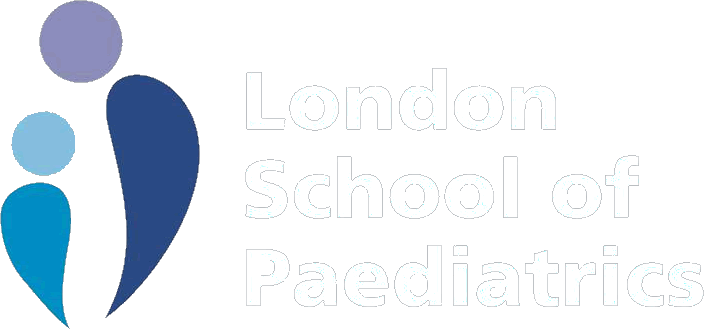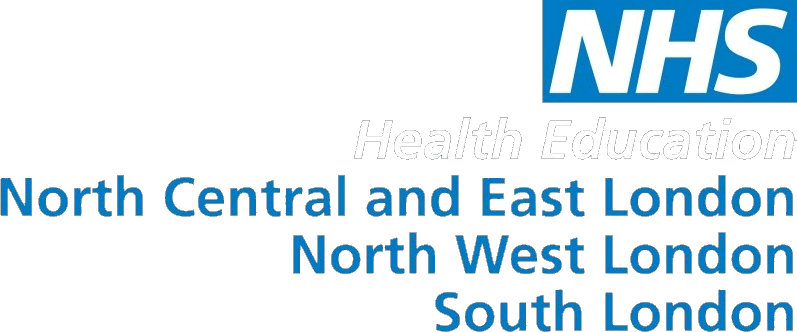- Meet before the clinic and run through the list of patients sharing knowledge, resources and ideas before seeing the patients
- Try alternating who leads each consultation with the other “pitching in” at some point through the consultation
- Make management plans jointly.
How does follow up work?
- Some children are followed up in the clinic, but most are followed up by the GP registrar
- At the end of the clinic, registrars fill in a learning log and reflect to maximise their learning. They then feed back to the wider MDT team at the practice meeting about the patients seen, both to allow for clinical continuity of patient care (sharing the management plans) and to cascade the learning. This is also an opportunity for supervision by the GP trainer. The paediatric registrar is then encouraged to return to their place of work and debrief with their paediatric supervisor
Management plans are generally made in the clinic but could be changed or modified after further discussion in the MDT meeting after, or after discussion with paediatric supervisors. Registrars report that there would often be email/telephone communication between the pairs after clinics working out the management plans.
Paediatric trainees
How do I find time to book time out of a rota that is so stretched?
- Make friends with the rota co-ordinator
- Ensure your supervisor is involved to support you getting to clinics, and offer clinical supervision
- Hold the clinic on a day when a meeting can be held at the GPs to get feedback on patients from the paediatric team (implicit referrals discussed).
How can I align expectations of the clinics with my GP colleague?
- Discuss differences in language with your partner and how to run the clinics
- Discuss how to run the clinics to support ongoing learning
- Have one clinician leading and take it in turns, at least at first. Remember you are supporting the GP to improve their routine practice after the clinics have stopped.
What sort of patients should we expect to see?
It is a good idea to start with routine annual reviews like asthma, ‘frequent flyers’, cases where the practice or family is struggling to get a good outcome for the child, the family needs reassurance etc.
Questions from GP trainers
Why should we do it?
Many GPs do not get dedicated training in child health. Learning Together clinics are ‘on the job’ training for both GP and paediatric registrars. Hosted in your practice, clinics will help your trainee improve outcomes for their patients and pass their exams. For the paediatrician they give vital experience of working outside a hospital and the opportunity to improve their clinic skills. The learning is two way, and can be more than that as other members of your team join the feedback sessions.
Does this model set back the GP registrars? A key aim for us is to get them confident and able to conduct appointments in 10 minutes – how do longer appointments help?
In the pilot, participants reported that the time was well invested and an audit showed improvements to outcomes during and after the clinics when the GP returned to solo 10 minute slots.
Does the model undermine primary care? Patients will prefer and rely on the specialist
How you introduce patients to the clinics is within your control. Aim to give the parents confidence to manage their child and benefit from this special training clinic with two doctors who are concentrating just on child health.
What happens if the registrars do not agree on actions?
Talk about management plans in the follow up session. In the pilot, most pairs reported lots of follow up conversations; they helped build relationship and learning. In 22 pilot sites no one reported falling out.
Questions from Paediatric Consultant Supervisors
Why should we release a registrar half a day a month – how does that help us?
The experiential learning outside of hospital is an opportunity to develop skills in integrated child health. It is important that our trainees meet all their competencies, which includes preparing them for a future of working outside the traditional hospital environment. We think that this programme will help attract high quality trainees to your training programme. They also have tangible benefits as well run programmes create new and improved relationships with primary care, reduce referrals to hospital and improve outcomes for children.
Where should registrars be realised from – hospital or community rotas?
Both are viable. How supervision is led by or connected to the general paediatric team needs thought. Outpatients departments can benefit from less referrals and improved relationships with primary care, but this could be developed and matured a long other local pathways with the right registrars.
How should we work out which practice they go to?
Ideally paediatric registrars should be paired with a practice that normally refers to that hospital/community trust. This means they are working in the same locality so the relationships and new connections made can make a difference outside the clinics. It also means they both gain an understanding of local services.
How can I best support my trainee?
Encourage best practice. Direct them to relevant resources both for professionals and families. Put time aside each month to debrief. This can form the basis of Work Based Place Assessments (WBPA) discussions such as Case Based Discussion (CbD).
How does governance work?
See governance section.
How do I get started?
See section on how to get started.



